Block Thousands of Ads With HOSTS
by Brett in Circuits > Websites
15167 Views, 10 Favorites, 0 Comments
Block Thousands of Ads With HOSTS
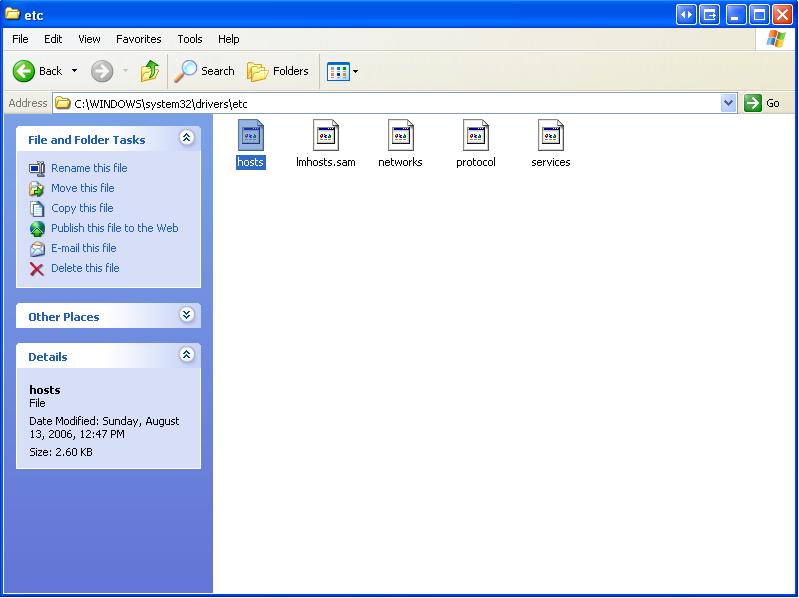
In this instructable, I will show you an easy way to block nearly thousands of advertisements, in one simple, easy method.
About Window's HOSTS File
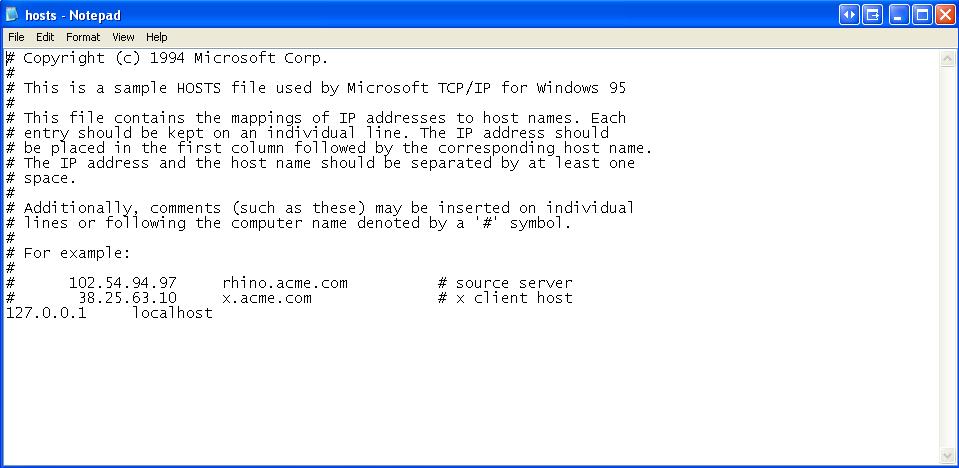
Before we start, it is important to understand exactly what the HOSTS file is.
The HOSTS file is a file with IP addresses, corresponding to a domain name, that windows references and bypasses DNS with.
For a more in-depth explanation, please visit Wikipedia's definition:
http://en.wikipedia.org/wiki/Hosts_file
The HOSTS file is a file with IP addresses, corresponding to a domain name, that windows references and bypasses DNS with.
For a more in-depth explanation, please visit Wikipedia's definition:
http://en.wikipedia.org/wiki/Hosts_file
Download Replacement HOSTS File
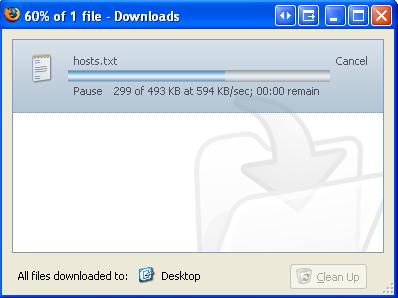
There are many replacement HOSTS file out there, so experiment and determine which one you like best. I personally use the MVPS malware prevention HOSTS file. It does fine for me.
The MVPS HOSTS file I've used is located here:
http://www.mvps.org/winhelp2002/hosts.txt
Simply save this file to your desktop, temporarily.
(Right-Click, Save Target/Link As..)
The MVPS HOSTS file I've used is located here:
http://www.mvps.org/winhelp2002/hosts.txt
Simply save this file to your desktop, temporarily.
(Right-Click, Save Target/Link As..)
Navigate to and Backup Default HOSTS File
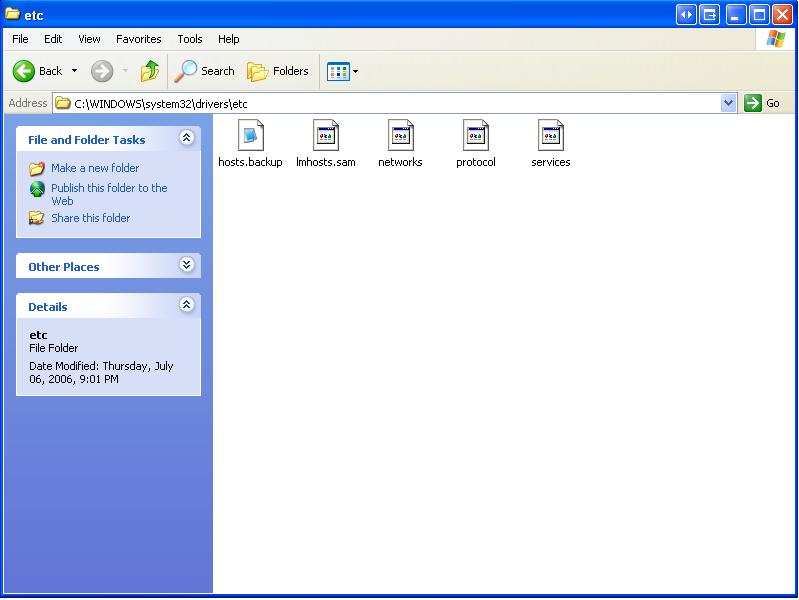
Our next step is to find the HOSTS file on your computer.
Here are some of the default locations for the Windows HOSTS file from Wikipedia.
Once you successfully navigate to the HOSTS file, rename is from "HOSTS" to "HOSTS.backup".
Doing this, you will always have a backup of your default HOSTS file if for some reason you want to revert to it.
Here are some of the default locations for the Windows HOSTS file from Wikipedia.
- Linux and other Unix-like operating systems: /etc
- Windows 95/98/Me: %windir%\
- Windows NT/2000/XP/Vista: %SystemRoot%\system32\drivers\etc\ is the default location, which may be changed. The actual directory is determined by the Registry key \HKLM\SYSTEM\CurrentControlSet\Services\Tcpip\Parameters\DataBasePath .
- Mac OS: System Folder:Preferences or System folder (format of the file may vary from Windows and Linux counterparts)
- Mac OS X: /private/etc (uses BSD-style hosts file)
- OS/2 and eComStation: "bootdrive":\mptn\etc\
- Novell Netware: SYS:\ETC
Once you successfully navigate to the HOSTS file, rename is from "HOSTS" to "HOSTS.backup".
Doing this, you will always have a backup of your default HOSTS file if for some reason you want to revert to it.
Copy New HOSTS File
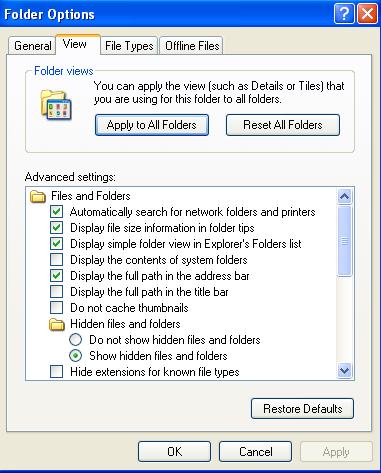
Next, copy and paste the "HOSTS.txt" file from you desktop to where your default HOSTS file was.
After the file is copied, rename it from "HOSTS.txt" to just "HOSTS".
NOTE: You maybe have to edit your folder settings to not "Hide extensions for known file types" by going to Tools -> Folder Options -> View -> Uncheck "Hide extensions for known file types".
After the file is copied, rename it from "HOSTS.txt" to just "HOSTS".
NOTE: You maybe have to edit your folder settings to not "Hide extensions for known file types" by going to Tools -> Folder Options -> View -> Uncheck "Hide extensions for known file types".
Finish!
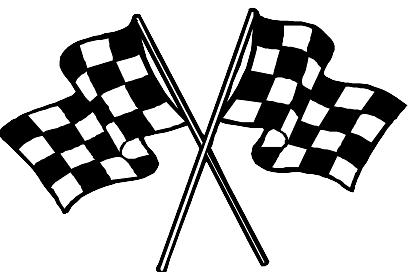
You have now replaced your HOSTS file!
Congratulations.
It may take a few minutes for the changes to become active. You may also have to close all internet browser windows.
Enjoy internet browsing with minimal ads!
Congratulations.
It may take a few minutes for the changes to become active. You may also have to close all internet browser windows.
Enjoy internet browsing with minimal ads!